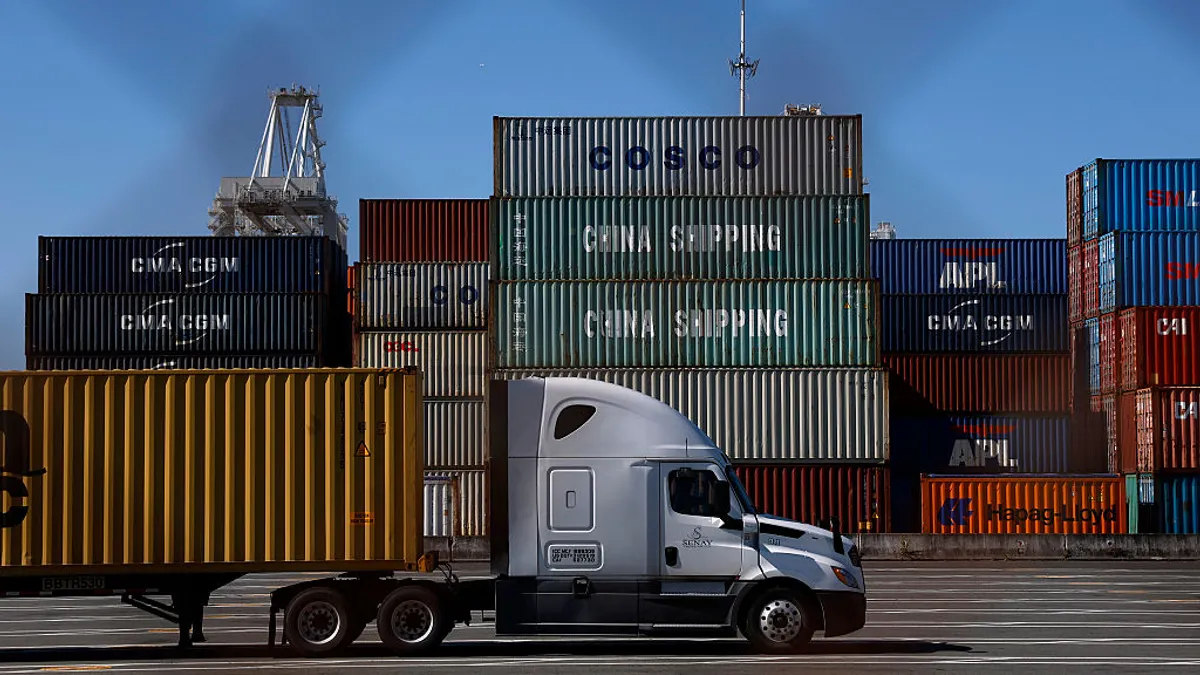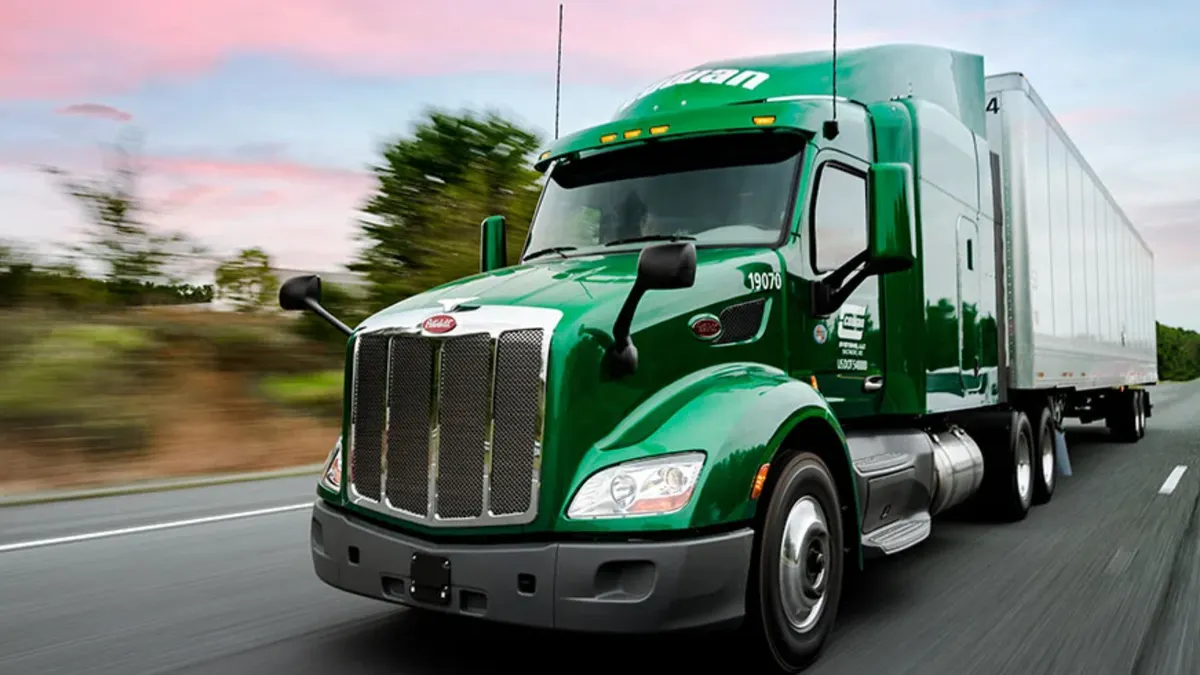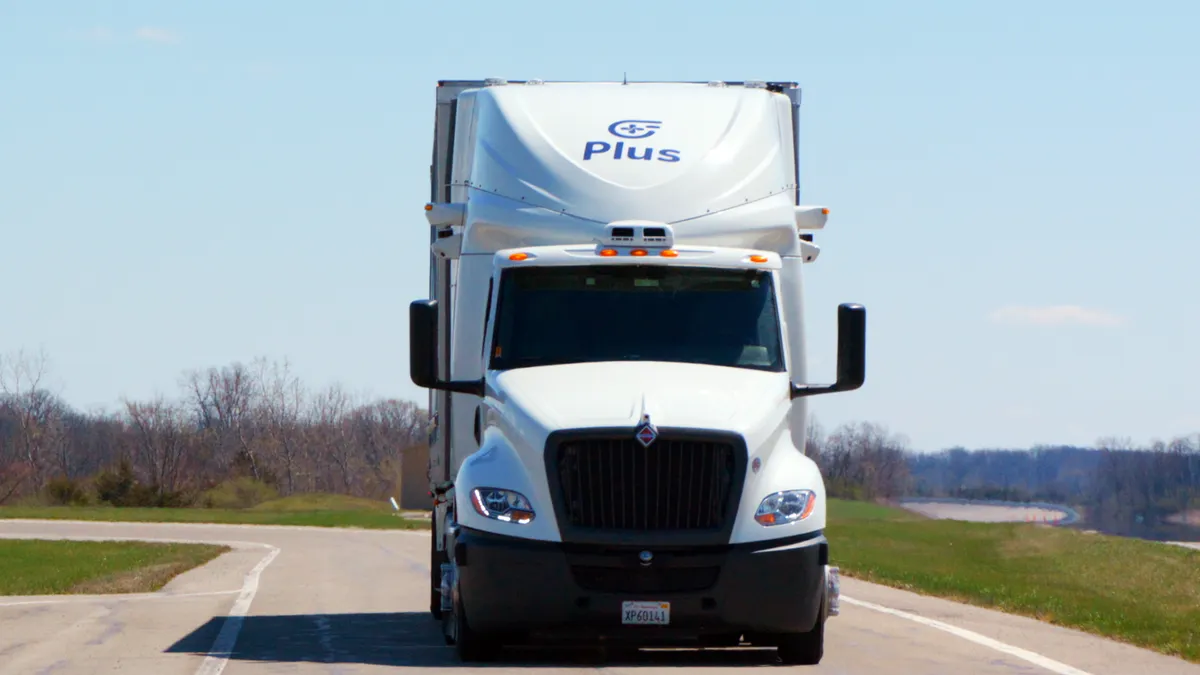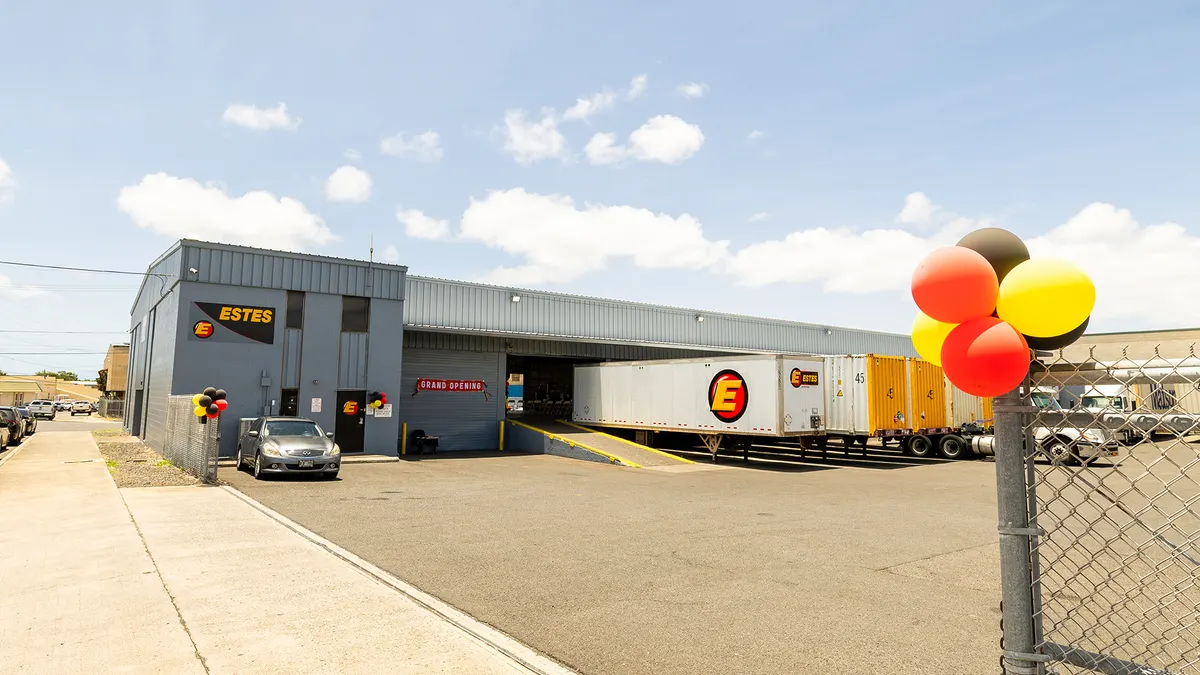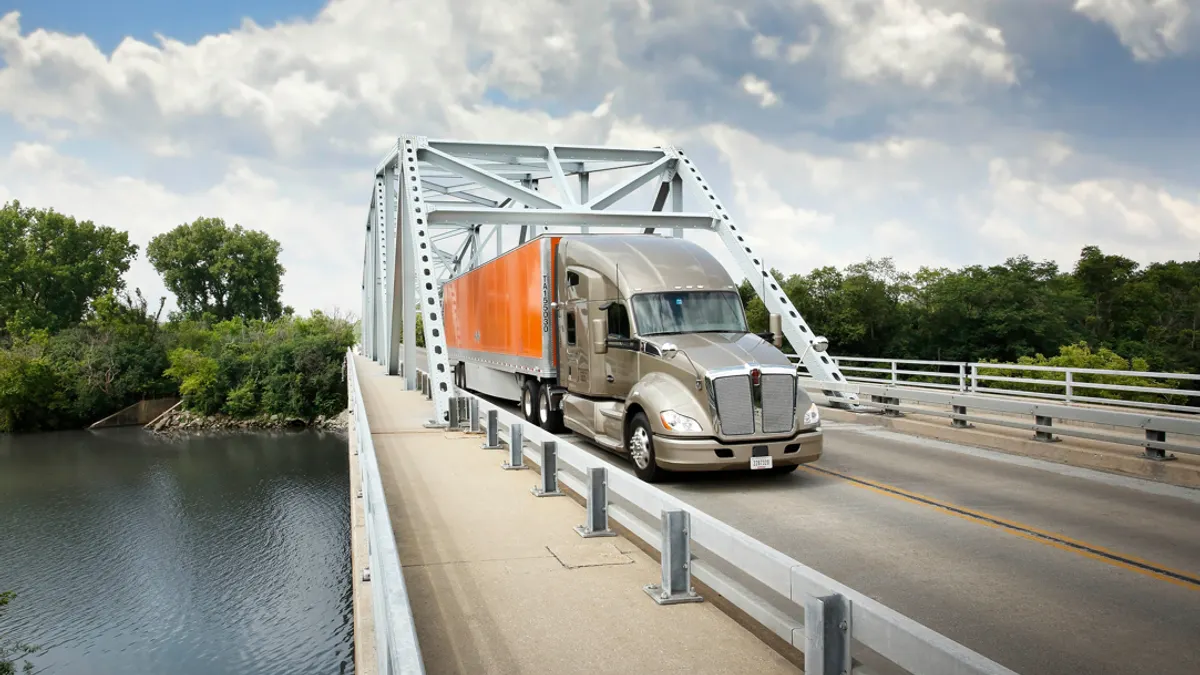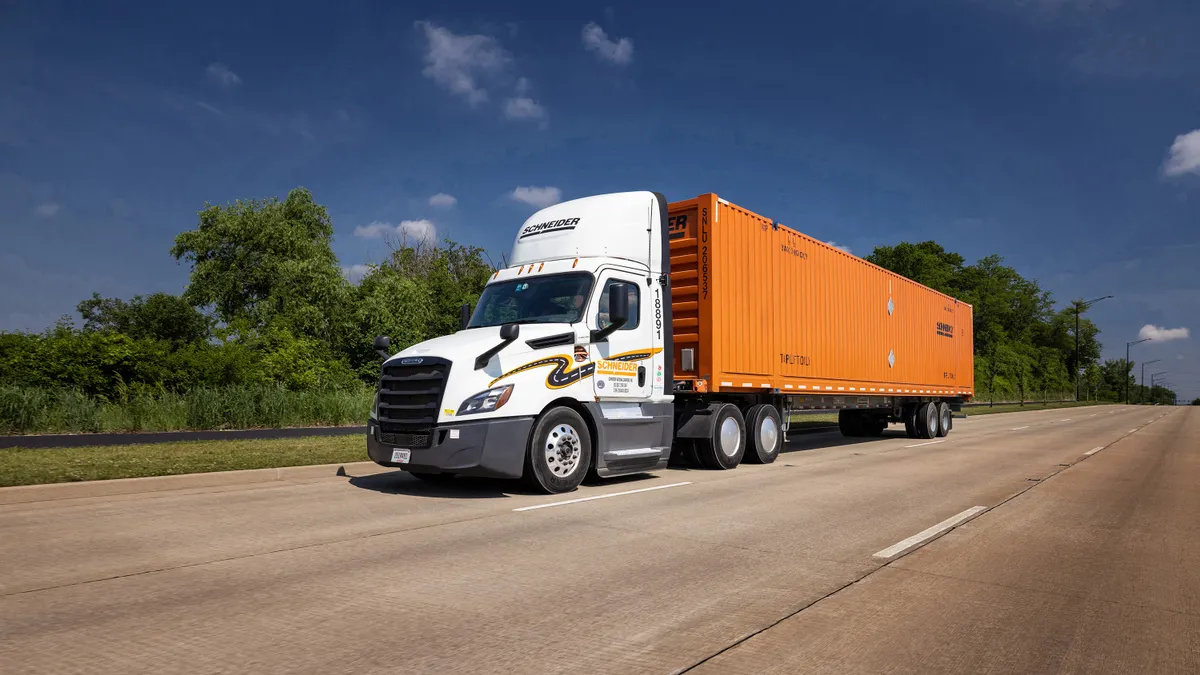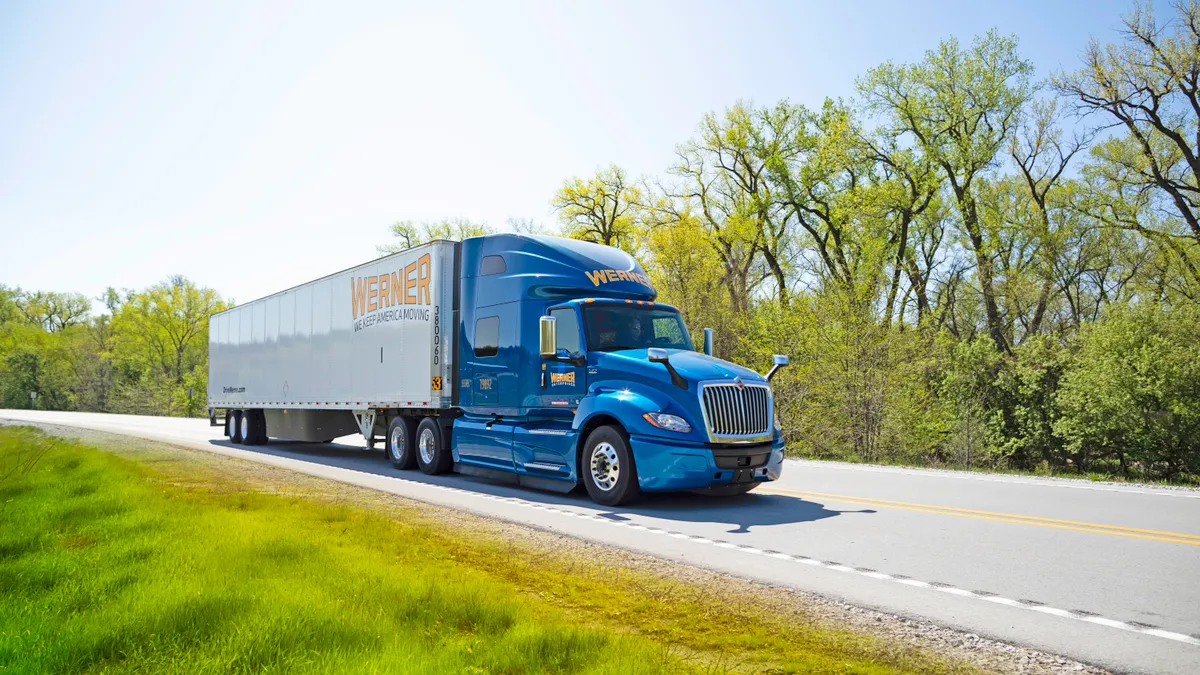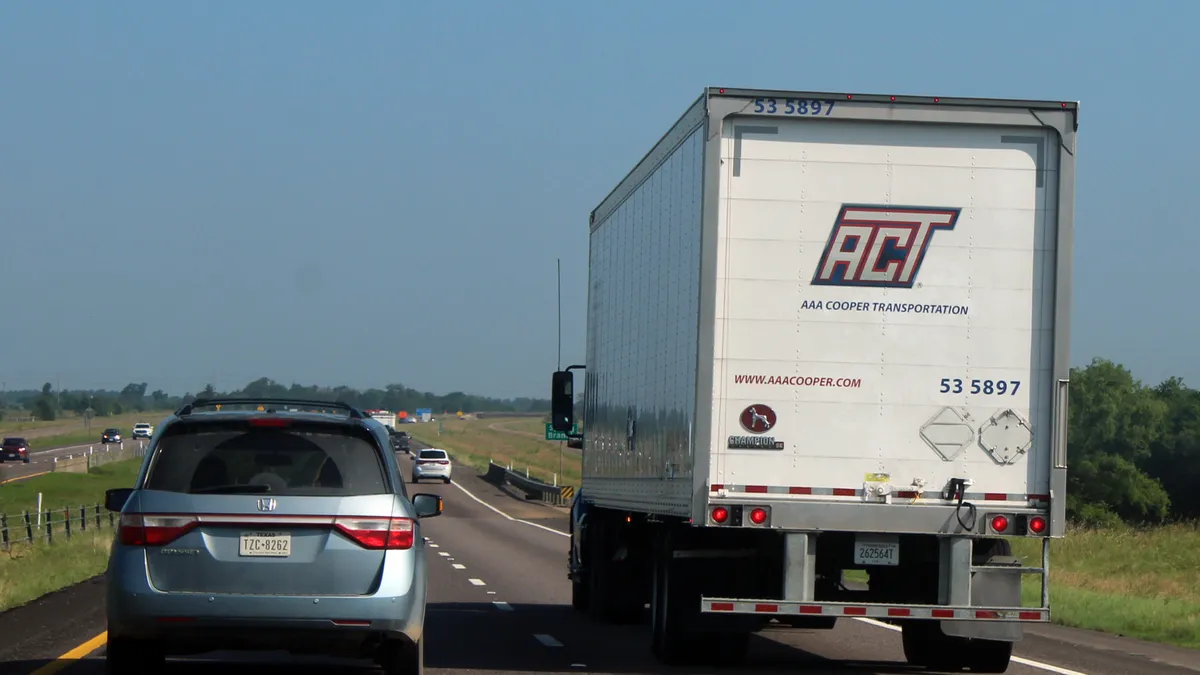Cargo theft affects multiple stakeholders, including carriers, shippers, drivers and warehouse operators. The problem is costly, with the American Transportation Research Institute recently estimating motor carriers lose $1.83 billion to $6.56 billion each year due to cargo theft.
Rising incidents in theft for carriers remain an increasingly significant issue in the transportation industry, reaching record levels and prompting calls for congressional action. Recently, the Department of Transportation issued a request for information to support the development of strategies and potential programs to reduce the crime.
Toward the end of Q1, for example, Landstar System fell victim to a fraud incident that affected its international freight forwarding operations. The fraud started in 2019 and came from a single satellite agent office, CEO Frank Lonegro said in a May 13 earnings call.
Carriers can fall victim to scams and fraud tactics in numerous ways. Three particular risks that may open the door to fraud include autonomous truck vulnerabilities, suspicious transloading and policy limitations, Descartes Account Executive Danielle Spinelli told Trucking Dive in an August interview.
Tackling concerns from autonomous truck vulnerabilities
Cybersecurity is a major concern when it comes to addressing cargo theft. Companies must be able to confirm that their products are not hackable, especially when it comes to autonomous trucks, Spinelli said.
She noted that autonomous trucks, along with artificial intelligence more broadly, are a whole new realm the trucking industry has yet to experience. “Unfortunately, the scamsters and fraudsters out there kind of have usually the will and want to be one step ahead of us on there for that front,” Spinelli said.
Fortunately, some autonomous truck OEMs like Aurora are already thinking ahead about how to protect their vehicles.
Aurora implements Zero Trust Architecture (ZTA) in its self-driving Aurora Driver system, a security model that ensures every user and component is continuously verified before gaining access, according to an Aug. 19 news release. The OEM draws guidance from the National Institute of Standards and Technology, the National Highway Traffic Safety Administration and industry groups.
The Aurora Driver is not permitted to remotely control steering, braking, or accelerator functionality. “That means that neither Aurora’s team members nor external actors can remote control the vehicle when it’s on the road. Instead, the Aurora Driver is designed to accept suggestions from remote assistance specialists,” per the release.
Remaining vigilant against suspicious U-Haul transloading
Some truck drivers are seeing theft situations that are suspicious and oftentimes ignore their "gut feeling,” Spinelli said.
There’s been instances where the trucker is told that a load of avocados, for example, was labeled as a blind shipment, or that it should be rerouted and go to a different delivery, Spinelli said. They show up to a new location and it's a U-Haul in the middle of a parking lot, which is odd, she pointed out.
Verifying information, such as the Motor Carrier or MC registration number, can go a long way in preventing such incidents. If you’re seeing the same names and addresses when looking up an MC number, that is one trend that flags something is not right, Spinelli said.
Eventually, she noted, the fraudsters “catch up that we caught up on things like that, and then they change it up. But that’s why there’s some platforms out there that are actually specifically going and looking at the business license because [it’s] kind of the best way to follow the money,” Spinelli said.
Educating the industry on current policy
When carriers go out of business, they can sell their MC number. Such sales are legal, and carriers can do this as long as the buyer also purchases the assets.
“I think a lot of carriers do not understand that when they are closing up businesses,” Spinelli said, noting that potential buyers also don’t always know what makes a legal sale, even if they’re offering a solid price.
Spinelli believes MC sales should be eliminated and that the Department of Transportation should handle them.
There’s “a lot of room for improvement with logistics policies,” she said, emphasizing that it’s more than just “throwing a book at somebody” and telling them to follow the law.
One way to establish clearer guidelines to reduce cargo theft is through industry collaboration, Spinelli said, as it also offers an outlet for education. One way to achieve this is through a trucking company ensuring their drivers understand they will receive payment before taking a load, and integrating an additional vetting process when truckers are asked to reroute a load.
“I think industry-wise, we need to really focus on the carrier level getting educated as well as the shipper,” she said, noting that “the shipper level is a whole other ballgame.”
Correction: This story was updated to include the overall cost of cargo theft to motor carriers estimated by the American Transportation Research Institute.


